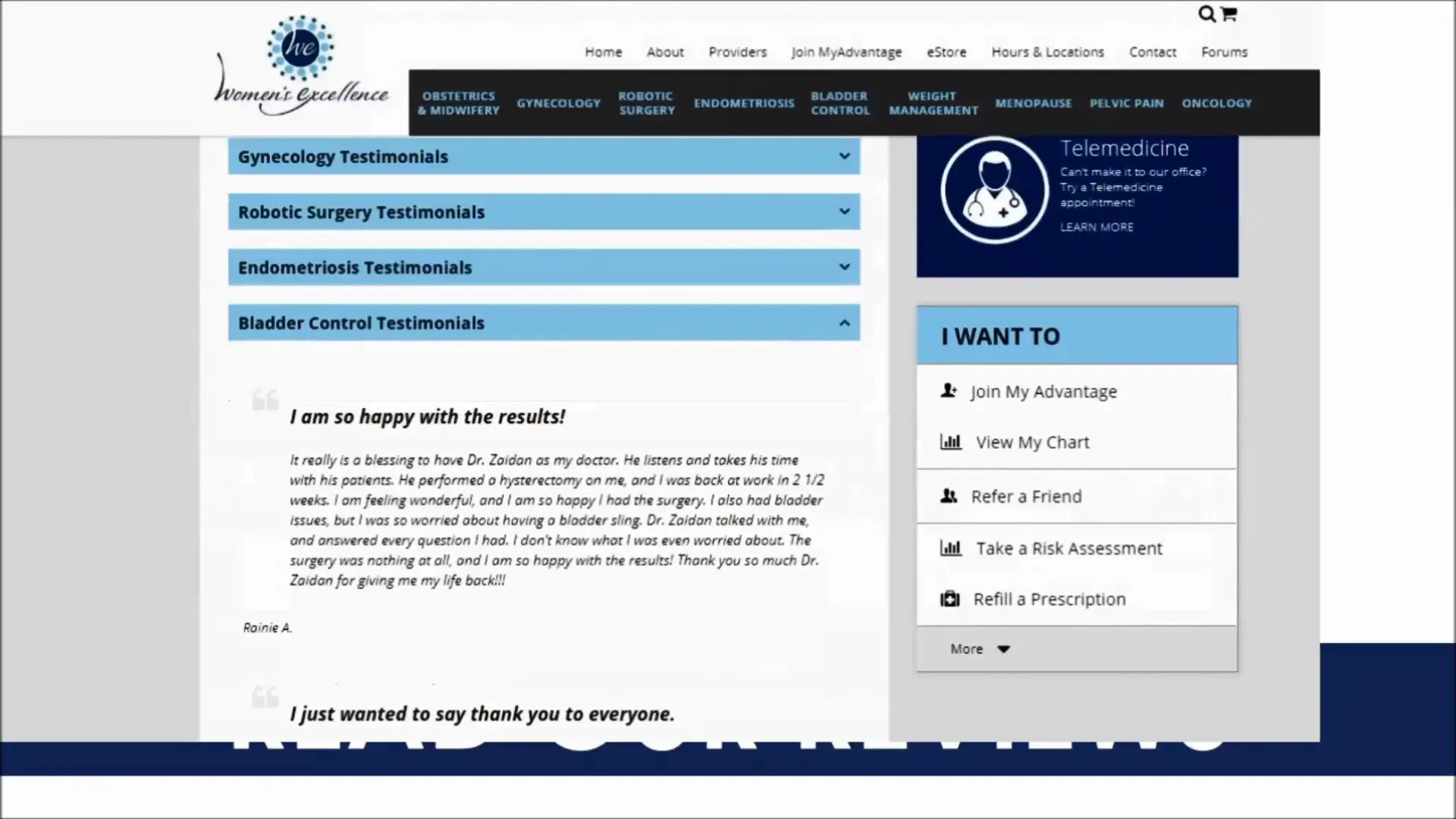If you are pregnant or plan to begin trying, you should have a discussion with your midwife as soon as possible. This helps ensure a healthy body and mind for the conception of your baby, as well as toward a healthy pregnancy, labor, and birth. Maintaining a healthy diet and pre-pregnancy weight, establishing and maintaining daily exercise routines, taking the time to relax creates the optimal environment for your baby to grow.
- Getting a good night sleep is especially important in maintaining a happy and healthy pregnancy, and most women throughout pregnancy will struggle at some time with this. Some suggestions on getting a good night sleep are:
- Make sure the temperature in the room is comfortable.
- Reduce stress at bedtime by practicing yoga, or just deep breathing and mental relaxation.
- Take a warm bath or shower to relax.
- Avoid caffeine. Caffeine can be an ingredient in food and drink that many don’t expect: Desserts and drinks containing chocolate; some hot teas, iced teas or sodas; certain candies, chewing-gums, and mints. Small amounts are safe in pregnancy, but if falling asleep is an issue, avoid caffeine as much as possible.
- Exercise-only if you have been told that it is safe for you during your pregnancy. Exercise as early as possible during the day. High levels of activity close to bedtime or early evening can contribute to insomnia or difficulty falling asleep. Exercise during pregnancy for those that have been given the o.k. to do so, is very healthy for both mom and baby, as well as contributes to better sleeping at night while pregnant.
- Avoid sleeping on your back. Sleeping on your back as your pregnancy progresses isn’t good for mom or baby. Back sleeping can decrease maternal circulation to baby which contains important nutrients and oxygen. Back sleeping in pregnancy may also contribute to mom feeling nauseated as this is a response to a decrease in maternal blood pressure. Sleeping in this position can also contribute to back problems; decrease circulation to moms legs and feet causing increased swelling in feet; contribute to digestive issues such as heartburn and constipation. Sleeping on your left or right side is best—but sleeping on your left side is the very best.
- Take a nap during the day or go to sleep a little earlier than your usual bedtime, if possible. Being overtired and exhausted can create problems when trying to relax and fall asleep.
- Use pillows to help you get into a comfortable position for sleeping. As your pregnant belly grows, it changes the curvature and pressure placed on your neck, back, chest, hips and knees. Investing or registering as a gift for a good body pillow may make all the difference for a pregnant mom between a good nights sleep or not. Some suggested body pillows excellent for support during pregnancy and after birth during postpartum breastfeeding are: The Sealy Sweet Pea 2 in 1 Maternity Nursing Pillow; the Boppy Prenatal Total Body Pillow; the Leachco Snoogle Total Body Pillow, and Today’s Mom Cozy Comfort Pregnancy Pillow. All are wonderful for elevating the upper body to decrease normal acid reflux and heartburn during pregnancy.
- A body pillow alternative could also be to use pillows already at home to support your pregnant body as it grows.
- Try not to eat close to bedtime during pregnancy if at all–possible, especially if you are having trouble with heartburn. Lying down to nap or for the night after a meal can create cause horrible heartburn. If you do eat close to these times when pregnant, remain sitting upright for a minimum of 30 minutes to allow food to digest and decrease the risk of heartburn.
- Frequent trips to the bathroom is expected during pregnancy. Between drinking the 8 to 10-8 ounce glasses of water every day almost makes constant bathroom visits unavoidable as pregnancy progresses. Try drinking your 8-10/8 ounces all before 6pm in the evening. This may help minimize your evening bathroom visits and keep them during day while you’re awake.







